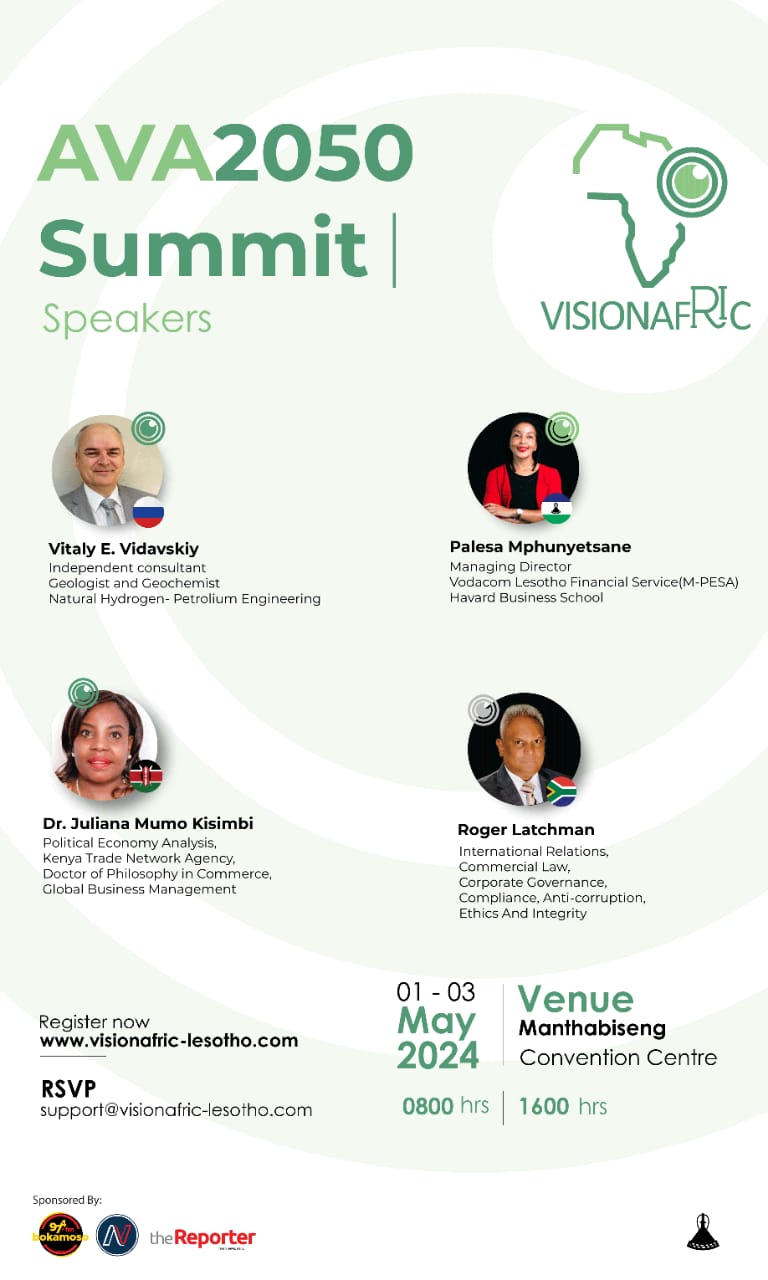By: Theko Tlebere
The ambivalence of striking a balance on what youth of Lesotho need, is still a mammoth task for leaders of this country. The reason is that most of the time, decisions made do not reflect directly what young people of this country need. This week I want us to talk about the youth in-service program that our government has promised the youth. First I will talk about some underlying policy framework that could have triggered the program before I get deeper into what the youth in-service program is, I will dissect that through a comparative analysis of the challenges faced by young Basotho today. I will further make an analogy of the account of why government of Lesotho wants to engage in this noble idea. The proficiency of today’s article is to make sure government and young people understand fully what they want to do for the youth, and what the youth should expect from the in-service. The amount of money to be invested in this program left me with no choice but make a dutiful analysis of the in-service program.
The assumption I made after I heard the minister of finance talk about the in-service program was that the roll-out of the program will definitely be the responsibility of the Ministry of Youth. With that assumption in mind, I felt that it should be definite that the idea should erupt from the National Youth Policy (NYC-2017-30) because that is the only instrument we have to be able to categorise the wishful policy implementation. Therefore before I even criticise nor comment the noble idea of the youth in-service, I realised the need to make a small autopsy of the current youth development situation in Lesotho.
According to the NYP-2017-30, ‘Out of the estimated 2.204 million people in Lesotho (2016), young people aged 15-35 constitute almost 30% of the population with another 32.4% below the age of 15. Lesotho is indeed a young country with a median age of 24 years (World Bank 2016). Youth dependency ratio is however very high at 60.3 and a potential support ratio only at 14.4 (2015 est.) according to the IndexMundi.’ Everyone in Lesotho more specially the youth, is in agreement to the fact that, “ Youth are often excluded from access to formal financial services through legal restrictions, high transaction costs and negative stereotypes about youth. Regulatory frameworks and inclusive policies that are both youth friendly and protective of youth rights are needed to increase youth financial inclusion in Lesotho. Access to finance is recognised by the Government of Lesotho as the main challenge and barrier to sustainable growth and employment creation for poverty reduction.â€
I am still left in disarray, about whether the existence of the youth policy actually means its implementation does not have to include young people. This is because it is a prerequisite of the NYP to involve youth in planning and decision making affecting youth, and any other activity whose impact or consequences is extended or rather has a direct baring towards young people. It is a desirable exploration to engage youth participation in any slide endeavour that involves youth, for such activity actually allows an articulation of group efforts and very critical reflection on the intended exercise.
That long introduction is normally necessary for such informative articles because it normally makes sense to close down those small holes that arise as we continue with our series. A minute ambivalence to today’s series is that we are trying so hard to establish the need for a Youth-in-service program for youth in Lesotho. Because government is already in the course of implementing this idea, one would find our exercise futile, but for me it’s about making sure that we can make our government accountable once the in-service program is implemented.
Having made that long introduction, allow me now to ascertain to young people the kind of youth in-service program their government intends for them. According to the finance minister, the government of Lesotho intends to establish a “Youth in-service camp training programme†that is aimed at promoting patriotism and loyalty for the youth at the grassroots level. The intended program will provide support for development of youth aimed at equipping their social skills and functional competencies in various fields for career path choices. According to minister Sofonea’s budget speech estimates the program, “is also aimed at identification and development of youth with potential multi-disciplinary skills requiring civic education to equip them with basic concepts, methods, techniques, and practical application based on identified needs to provide them with knowledge and skills. This specially designed fundamental training of non-military nature will be introduced to train the youth in amongst others; personal discipline and moulding of character, civic education, patriotism, and civic participation in private industry.â€
By now I should have responded to the question of whether youth in Lesotho need an in-service program, and I should have been able to give a two figured answer. But before I do that, I would like to make a narration next week based on why Lesotho is having an in-service program versus what other countries are doing and how they did. Let’s meet again next week. The future is Now!
….to be continued




